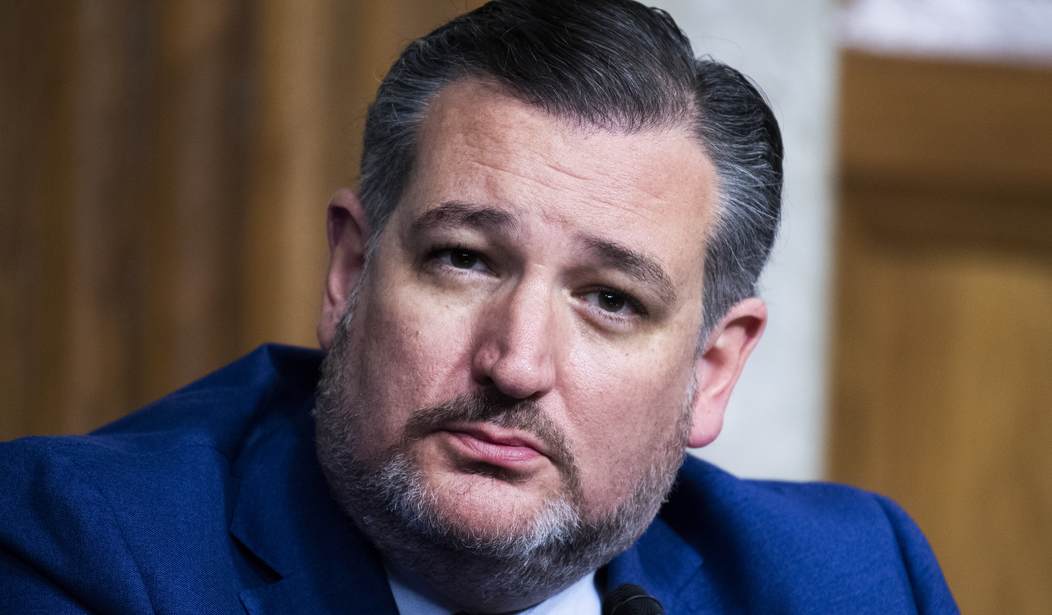While in Europe for the G20, Joe Biden pledged that the United States would only back out of the Joint Comprehensive Plan of Action—commonly referred to as the Iran Nuclear Deal—if Tehran violates the terms of the deal.
The problem with Biden’s pledge is that it has no authority to get us back into the deal. The United States has never legally been a signatory to the treaty because the United States Senate never ratified the treaty. Barack Obama, who got us into the deal, did so unilaterally. He never even attempted to get Senate ratification for it, opting instead to claim it wasn’t a treaty at all and didn’t require ratification.
The Vienna Convention on the Law of Treaties defines a treaty as “an international agreement concluded between [two or more] States in written form and governed by international law.” The Joint Comprehensive Plan of Action meets that definition. The U.S. Constitution specifically states in Article II, Section 2, Clause 2 that the president “shall have Power, by and with the Advice and Consent of the Senate, to make Treaties, provided two-thirds of the Senators present concur.”
Even if you ignore that we have never actually been legally part of the treaty, Biden’s claim that the United States won’t pull out of it unless Tehran violates the deal is laughable. Under Obama, multiple violations of the deal were ignored, and Iran was never held accountable for those violations, yet the money kept flowing. Obama was so desperate to achieve the deal that he didn’t want anything to get in the way of that. Not even an attempted bomb plot on American soil warranted a response from Obama. Violations continued under Trump, who ultimately got us out of the deal and restored sanctions. So Biden’s tough talk doesn’t sway me one bit. What reason do we have to believe Biden would be any different?
But it doesn’t matter anyway because Republican congressional leaders told the Washington Free Beacon that Biden could not speak for Congress, as they are not bound by an executive agreement unilaterally reached between the administration and Iran. Since Congress controls sanctions, Republicans will “do all they can to ensure such crippling measures are put back in place.”
“The thugs in Tehran better be on watch: Any sanctions relief pledged by the Biden team is not a foregone conclusion,” Rep. Jim Banks (R-Ind.) told the Free Beacon. Banks is a member of the House Armed Services Committee and chair of the Republican Study Committee.
“President Biden does not have the authority to speak for Congress, and Congress is not bound by an executive agreement,” Rep. Joe Wilson (R-S.C.) said. “The Republican Study Committee has made it clear that when we retake the majority, we will work to reimpose all sanctions on Iran lifted by the Biden administration, whether as part of reentering the failed Iran deal or any other deal with Iran.”
Sen. Ted Cruz (R-Texas) similarly said, “a future GOP President will tear up any Iran deal that isn’t a treaty.”
While the GOP’s threats are fine and good and may make the Iranian government rethink joining an agreement that will likely be dead in a year, my issue is why they need to wait to stop the deal. They acknowledge already that it is an illegal treaty that neither they nor any subsequent administration is bound by, so why should Biden be able to reenter it at all? Why should Biden be able to lift sanctions as part of a treaty that we’re not legally a part of in the first place? Senate Republicans should force the courts to rule on this issue.
In 2019, Democrats in Congress sued Trump over alleged violations of the Constitution’s Foreign Emoluments Clause. The case was ultimately thrown out because it was determined that members of Congress lacked standing to sue. But, Senate Republicans arguably do have the standing to sue Biden over the Iran deal since Biden (like Obama before him) bypassed the Senate’s role in ratification—as defined by the United States Constitution.
So, while it’s nice to see the GOP take a stand on this, we shouldn’t have to wait for a GOP majority. A lot of money could end up in the hands of Iran before that happens, and who knows how much progress they could make in developing nuclear weapons during that time?










